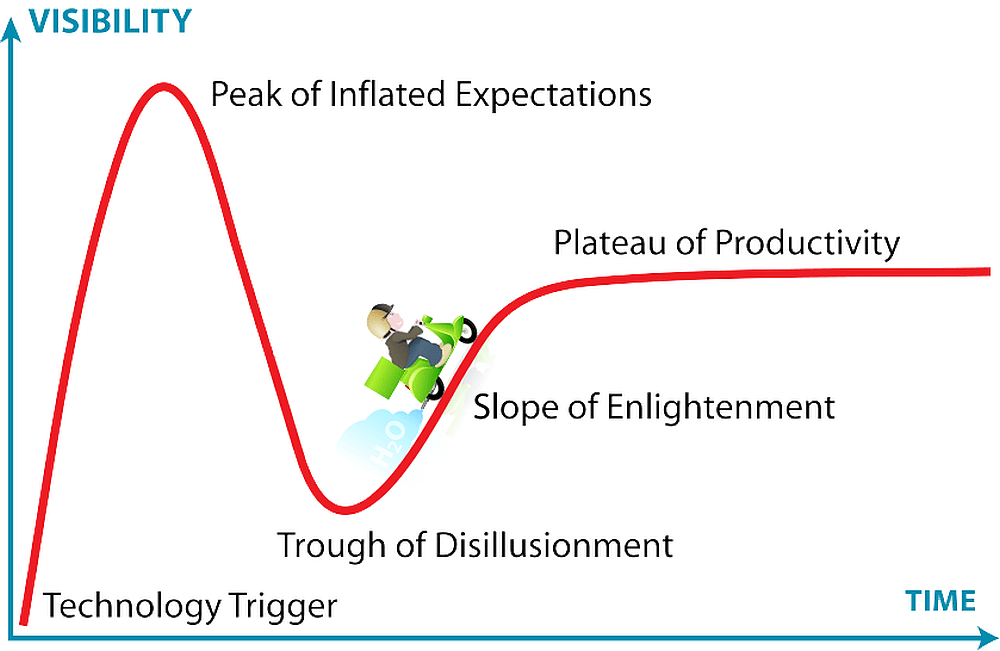[Image above] The US Capitol dome at dusk. Credit: Diliff/Wikimedia Commons.
“URGENT: Let your Voice be Heard! Stand Against Existential Threats to the EERE and ARPA-E.”
So begins a recent email message from our colleagues at the Materials Research Society, Warrendale, Pa.
The call to action is a response to the July passage in the US House of Representatives of an energy spending bill that would essentially gut two US Department of Energy offices that sponsor renewable energy and advanced projects research. Under the provisions of HR 2609, fiscal 2014 funding for DOE’s Office of Energy Efficiency and Renewable Energy and Advanced Research Projects Agency-Energy would be slashed more than 40 percent and more than 80 percent, respectively, from sequestration funding levels that kicked in for FY2013.
“These funding levels threaten the very existence of these programs, which support innovation and scientific research at universities and national laboratories,” the MRS email says. The Obama administration apparently feels the same way—President Barack Obama has threatened to veto the legislation.
EERE funds a wide range of research on renewable energy and energy efficiency. The office’s FY2014 budget request was $2.775 billion for research, development, demonstration, and deployment activities. HR 2609 would provide $746 million for RDD&D.
ARPA-E—DOE’s analog to the Defense Advanced Research Projects Agency—aims to fund high-risk, high-reward research. ARPA-E funds projects, like the battery-related awards we reported just last week, at government labs, private companies, and universities. The agency also recently announced it would award up to $30 million to fund breakthrough solar-related research.
Congress will be back in session and working on the FY2014 budget after Labor Day, but will have only a handful of work days to hammer out FY2014 budget details. If past performance is any guide, the likeliest outcome is a continuing resolution to keep spending at current levels to start the new fiscal year on October 1.
We support MRS’s efforts, and urge ACerS members with a stake in clean energy research—and, it could be argued, that’s all of us—to contact their representative today. Contact information for all House members, by state and district or by last name, is available here.
Author
Jim Destfani
CTT Categories
- Energy
- Market Insights
Related Posts
Hype cycles: The uphill climb for hydrogen bikes
June 26, 2025



